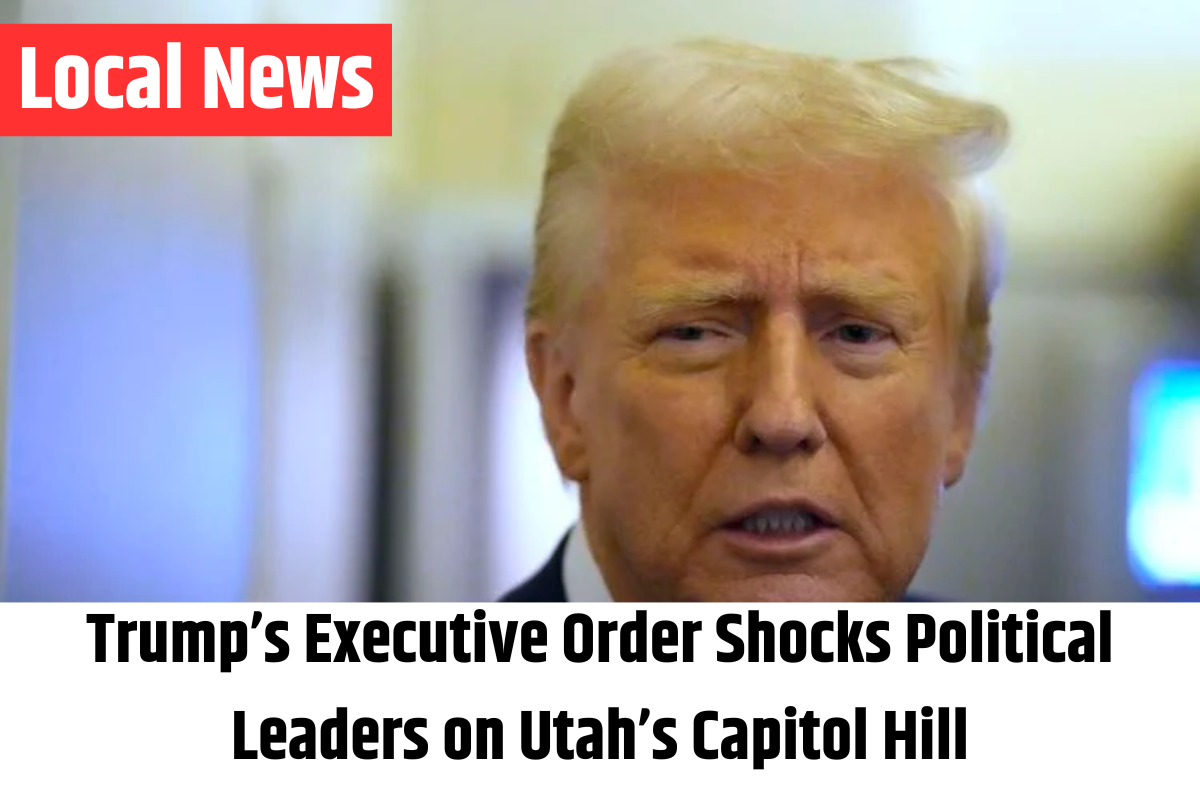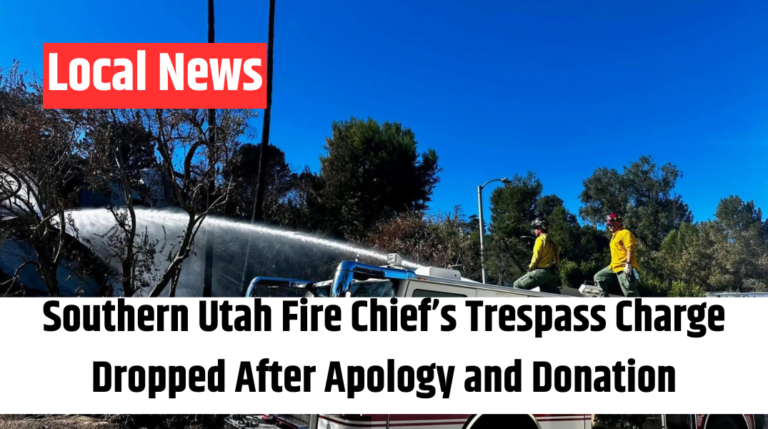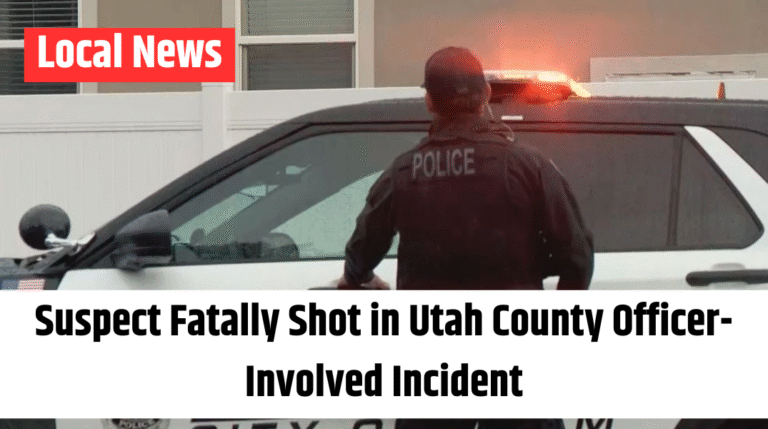
Utah lawmakers, nonprofit leaders, and state agencies are facing uncertainty following a White House directive temporarily freezing certain federal funds. The move, initiated by the Trump administration before being blocked by a federal judge, has raised alarm across the state as officials work to determine its full impact.
Rising Concerns Amid Budget Uncertainty
During a discussion with lawmakers, Ginette Bott, president of the Utah Food Bank, had just committed $50,000 to support local food pantries when news of the funding freeze broke. Almost immediately, text messages and alerts began pouring in.
“So we’re sort of reeling this morning,” Bott said, describing the widespread concern triggered by the White House decision. “People are already panicking.”
The announcement sent shockwaves through Utah’s Capitol Hill, catching even some Republican leaders off guard. Senate President J. Stuart Adams (R-Layton) acknowledged the financial strain on the federal government but questioned whether this abrupt measure would lead to constructive change.
Also Read – Husband of Nurse, Mom of Three Found Dead at Bottom of Staircase: Went for Beer After Discovery
“I don’t know that it’s preferable,” Adams admitted. “But we have a federal government with an unmanageable deficit. They seem to spend, spend, spend. Maybe this is a shock, a wake-up call. We’ll see if it produces a positive or negative outcome.”
Potential Impacts on Essential Services
State agencies are now racing to assess how the freeze could affect key government programs. Nonprofits, which rely on federal support, are also bracing for potential disruptions.
“What about child care payments? Emergency food pantries? Food banks that get federal commodities?” asked Gina Cornia, executive director of Utahns Against Hunger. “There are a lot of unknowns, and people are already getting worried.”
Nate Crippes of the Disability Law Center warned that vulnerable Utahns who rely on federal assistance for healthcare and food could be at risk.
“I think we’re all concerned about what this means for our funding and for the people we serve,” he said.
Federal dollars account for nearly 60% of the Utah Department of Health & Human Services’ budget. The agency’s executive director, Tracy Gruber, acknowledged that they are still assessing the impact but urged residents not to panic just yet.
“We will make sure that we’re communicating with those who rely on our services,” Gruber stated. “But at this point, I’d say it’s too early to assume benefits are being shut off.”
State and Federal Coordination
Governor Spencer Cox’s office has been in direct contact with the Trump administration to gain clarity on the situation. In a statement, the governor’s office emphasized that critical assistance programs, such as Medicaid and SNAP, would not be affected by the freeze. However, other areas—including rental assistance, support for small businesses, and transportation funding—could face disruptions.
Also Read – Utah Firefighters Return Home After Braving California Wildfires
“Our budget is deeply connected to federal funds,” Sen. Adams noted. “From transportation projects to housing support, this will undoubtedly have some effect.”
The timing of the funding freeze has only added to the challenges facing Utah lawmakers. As the state legislature begins budget discussions with already lean revenue projections, agencies have been directed to tighten spending. While Republican leadership often plans for potential cuts, the unexpected nature of this federal decision has left many scrambling for answers.
Sen. Adams, reflecting on the situation, acknowledged the uncertainty.
“It’s an interesting approach, and we’re doing our best to react to it,” he said.
When asked whether he supported the president’s handling of the situation, Adams remained noncommittal.
“I think I’ll wait and see the outcome.”







